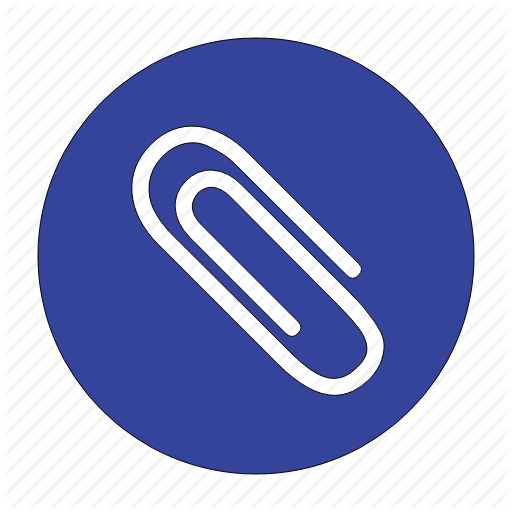RAMP & DYNAMIC DSM PORTAL
Customer
Portal
Signed In
Trade Partner Portal
Signed In
Utility Staff Portal
Signed In
Administrator Portal
Signed In
Utility Subscription

Utility Users
Quantity included
up to 1
up to 3
up to 20
Unlimited
Annual Hosting – Dynamics/Azure Cloud
Subscription Term
12 Months
12 Months
12 Months
12 Months

Storage – Document Attachments
Storage included
Up to 10 GB *
Up to 30 GB *
Up to 100 GB *
Unlimited *
(*) Price for increased storage — as per Microsoft Dynamics/Azure

Collaboration – Work on behalf of other Utilities
Partnering Utilities included
Not available*
Up to 3 *
Up to 20 *
Unlimited *
(*) Assumes the Partnering Utilities have their own RAMP instance

Utility Branding/Logo
Security
User Security Roles
Users are limited to “their slice of the pie”. Click here for more info
Included *
Included *
Included *
Included *
Microsoft Security – Dynamics & Azure
Real-Time Encryption (transit/rest)
Included *
Included *
Included *
Included *
(*) Microsoft SQL Server Transparent Data Encryption (TDE), Click here for more info
Cost Effectiveness Reporting

Total Resource Cost (TRC) *
(*) This test compares benefits to society as a whole (avoided supply-side cost benefits, additional resource savings benefits) with the participant’s cost of installing the measure plus the cost of energy efficiency program administration (non-incentive costs). Incentives are considered a transfer payment from program to the participant and thus are not explicitly accounted for in the calculation.

Program Administrator Cost (PAC) *
(*) Sometimes referred to as the utility cost test, this test compares the utility’s avoided cost benefits with energy efficiency program expenditures (incentives plus administrative costs)..

Program Ratepayer Impact Measure (RIM) *
(*) Rate Impact Measure Test (RIM): This test compares the utility’s avoided cost benefits with the cost of administering energy efficiency programs plus lost revenue from reductions in customer energy consumption. The RIM test is a distributional test that is best-suited for assessing the equity (fairness) impacts of energy efficiency programs.

Participant Cost Test (PCT) *
(*) Participant Cost Test (PCT): This test compares participant benefits (incentives plus bill savings) with participant costs (incremental or capital cost, installation, O&M, etc.).

Societal Cost Test
(SCT) *
(*) The SCT is similar to the TRC, except the SCT explicitly quantifies externality benefits such as avoided pollutant emissions not represented in market prices and other non-energy benefits (e.g., improved health/productivity).
8760 Cost Effectiveness Tests *
(*) An 8760 energy calculation is an hour-by-hour analysis that simulates or evaluates a building’s performance for all 8,760 hours in a given 12-month period. This method uses the actual sequence of days and weather data, instead of averages. An 8760 analysis produces the most accurate energy model and operating cost estimates.
Trade Partner Management

Import Trade Partner records

Edit Partner Services & Products

Auto-fill Partner Info on Applications

Apply for Rebates on behalf of Customers

Customers can search for matching Partners
Mobile Access
Access via Browser on PC, Laptop, Mobile
Access via Mobile App
